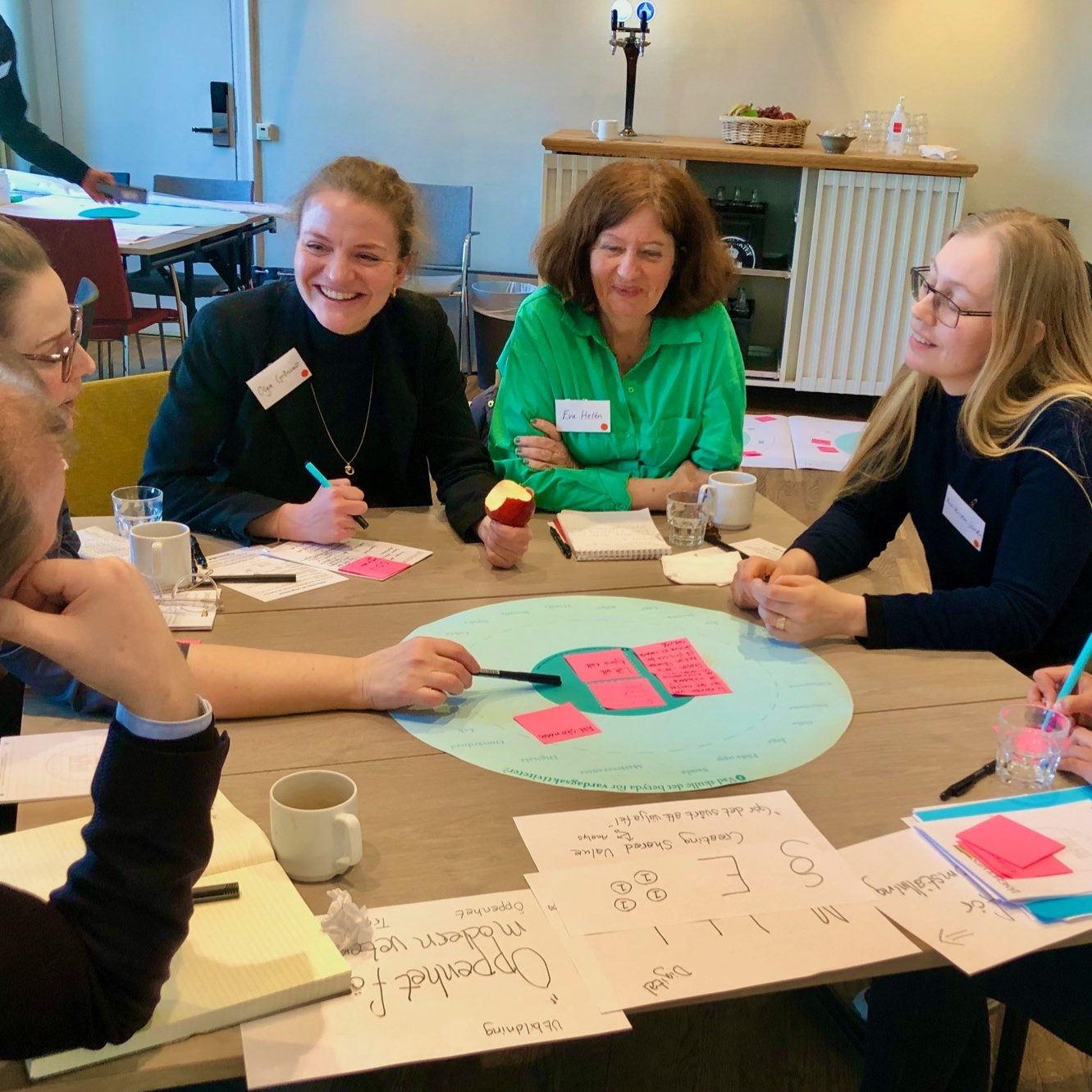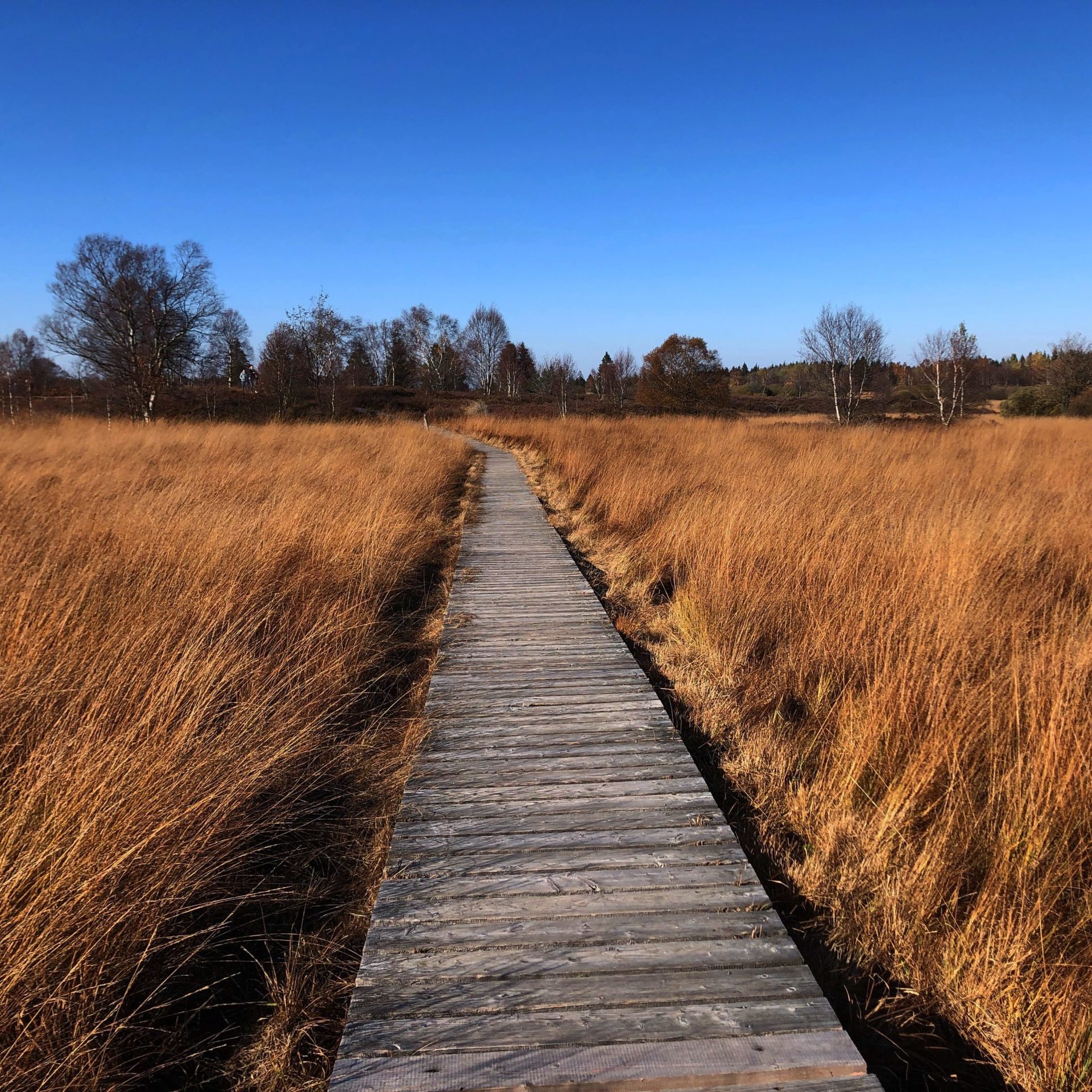Scaling transformative seeds of change
There is growing recognition that addressing the multi-faceted global crises the world faces – including biodiversity loss, climate change, poverty, and inequality – requires deep systemic transformation of interconnected social-ecological systems, that is sensitive to the diverse contexts and places around the world. How do we identify initiatives that can contribute to such systemic transformation at interconnected local to global scales, what barriers do they face, and what contexts and strategies can support their emergence, development and scaling (“up” from small to large scales, “out” to other contexts, and “deep” in terms of changing values and paradigms (Moore et al. 2015))?
This working group links to the wider “Seeds of Good Anthropocenes” initiative, which has been identifying a wide variety of “seeds” – social, technological, economic or social-ecological initiatives or ways of thinking and doing that have the potential to contribute to a positive future but are not currently dominant or prominent in the world (Bennett et al, 2016). This working group will not cover all of the work under the seeds project, but focus on advancing the underlying conceptual frontiers related to identifying seeds with transformative potential and understanding contexts and strategies for scaling transformative change, connecting directly to the PECS theme “transformation to a sustainable future”.
The working group aims to convene a wider set of scholars that can shed light on these issues, beyond people necessarily involved in the seeds initiative. The working group also intends to provide an opportunity for early career researchers to work alongside advanced career academics that have been foundational to the development of the “Seeds” concept, to facilitate further development of this work.
Key research questions:
- How do we identify innovations that are more likely to have transformative systemic effects?
- What key barriers do they face in effecting transformative change ?
- What strategies, actions and contexts support the emergence, development, and scaling of potentially transformative initiatives?
Working Group Coordinators:
- Dr. Nyasha Magadzire – Centre for Sustainability Transitions, Stellenbosch University, South Africa
- Dr. Julia van Velden – Centre for Sustainability Transitions, Stellenbosch University, South Africa
- Prof. Karina Benessaiah – Guelph University, Canada
Working Group Participants:
- Prof. Reinette (Oonsie) Biggs – Centre for Sustainability Transitions, Stellenbosch University, South Africa
- Prof. Elena Bennett – McGill University, Canada
- Prof. Garry Peterson – Stockholm Resilience Centre, Stockholm University, Sweden
- Dr. Nadia Sitas – Centre for Sustainability Transitions, Stellenbosch University, South Africa
- Prof. Laura Pereira – Global Change Institute, Wits University, South Africa
- Prof. Michele-Lee Moore – Stockholm Resilience Centre, Stockholm University, Sweden
- Dr. David P. M. Lam – Leuphana University Lüneburg, Germany
- Dr. Amanda Jiménez Aceituno – Stockholm Resilience Centre, Stockholm University, Sweden
- Dr. Klara Johanna Winkler – McGill University, Canada
Literature:
Bennett, E. M., Solan, M., Biggs, R., McPhearson, T., Norström, A. V., Olsson, P., … & Xu, J. (2016). Bright spots: seeds of a good Anthropocene. Frontiers in Ecology and the Environment, 14(8), 441-448.
Moore, M. L., Riddell, D., & Vocisano, D. (2015). Scaling out, scaling up, scaling deep: strategies of non-profits in advancing systemic social innovation. Journal of Corporate Citizenship, (58), 67-84.




